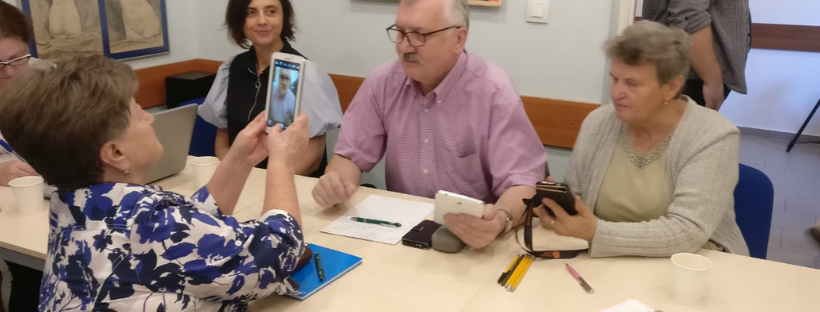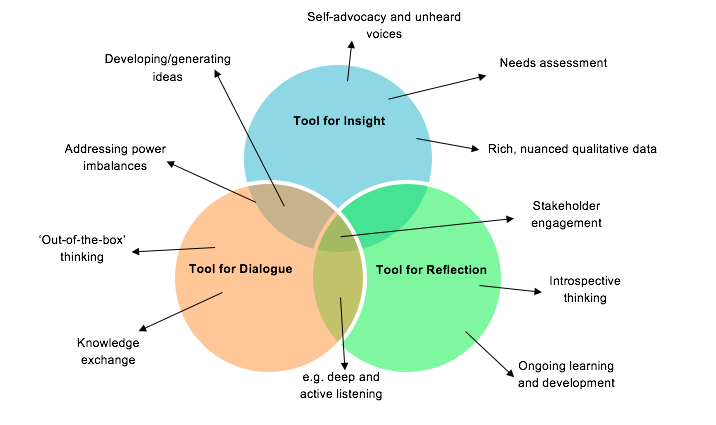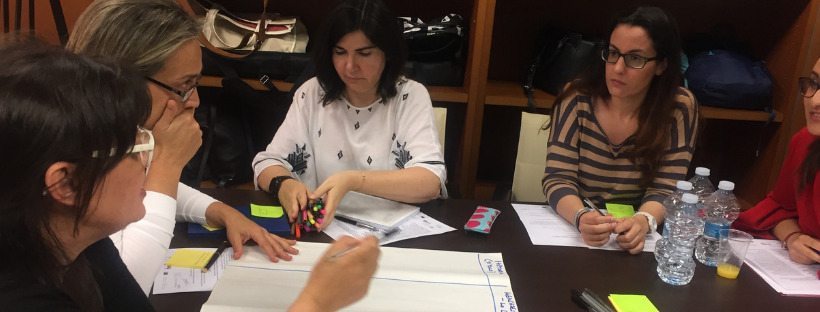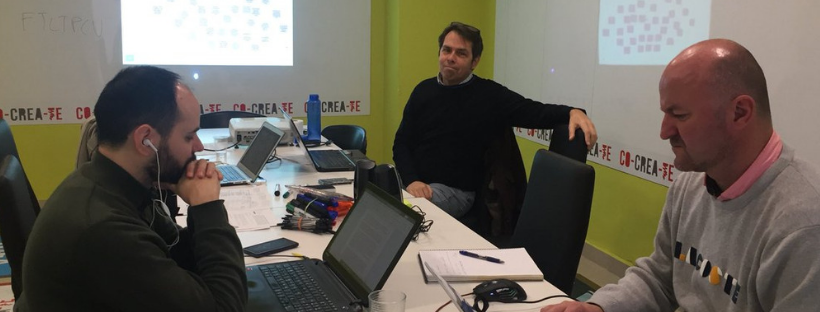USING COMMUNITY REPORTING AS A TOOL FOR CO-CREATION

Over the last two-and-a-half years, People’s Voice Media has been leading a stream of work in the CoSIE project that supports public services across Europe to uses Community Reporting as a tool for co-creation. In the UK, Spain, Italy, The Netherlands, Hungary, Poland, Estonia, Finland and Sweden, we have worked with different services – from employment support to probation services – to embed storytelling and lived experience into their service design, delivery, and evaluation in meaningful ways. Over the next month or so, we are going to blog some of the key learnings from this experience here…
So, where to start? Well, firstly through looking back with hindsight at the ways we have used Community Reporting in the different public services, we can see that this application can be summarised into three key ways:
- As a tool for insight
- As a tool for dialogue
- As a tool for reflection
While these three types of application are distinct, there are overlaps between them and they can be combined as the Venn diagram below details.

As an insight tool, Community Reporting broadly fits into the realms of participatory and empowerment research fields. It engages citizens, people who work in services and other stakeholders to be a part of an insight-gathering and identifying process by sharing their stories and co-curating them into concrete findings. Through this, traditional power imbalances between the researcher and the research subject are reduced.
As a tool for creating dialogue, Community Reporting aids communication by providing people with the tools to use storytelling to engage in conversations with their peers and other people beyond their peer groups. Using stories as part of Conversation of Change events stimulates dialogue between different stakeholders about a topic, issue, service etc. Community Reporter stories can also be used as communication aids to talk to decision-makers. Such practices enable different voices and understandings of the world to be explored in an equitable manner, and can help to make decision-making processes transparent.
Finally, as a tool for reflection, Community Reporting supports people to reflect on their experiences and the experiences of others. This proactive, critical reflection provides people with the space and time to more deeply understand how they and others experience the world, and thus support people to identify how public (and other) services can better support their needs.
In the next blog post in this series, we will explore how Community Reporting has been applied as a tool for insight in the CoSIE project, and identify some of the strengths of this approach, and the challenges we have encountered.



